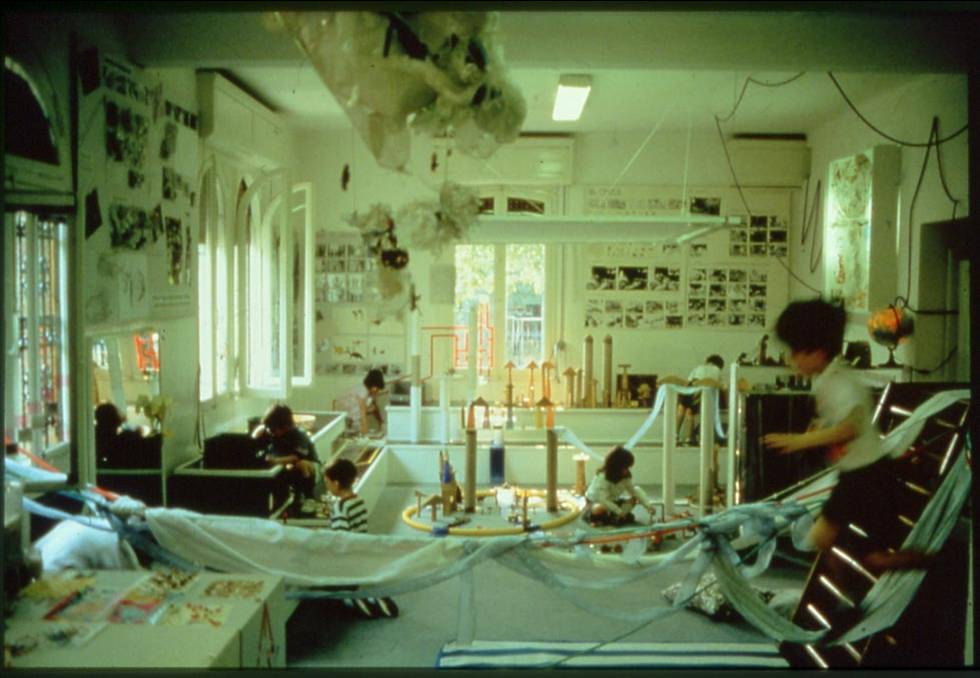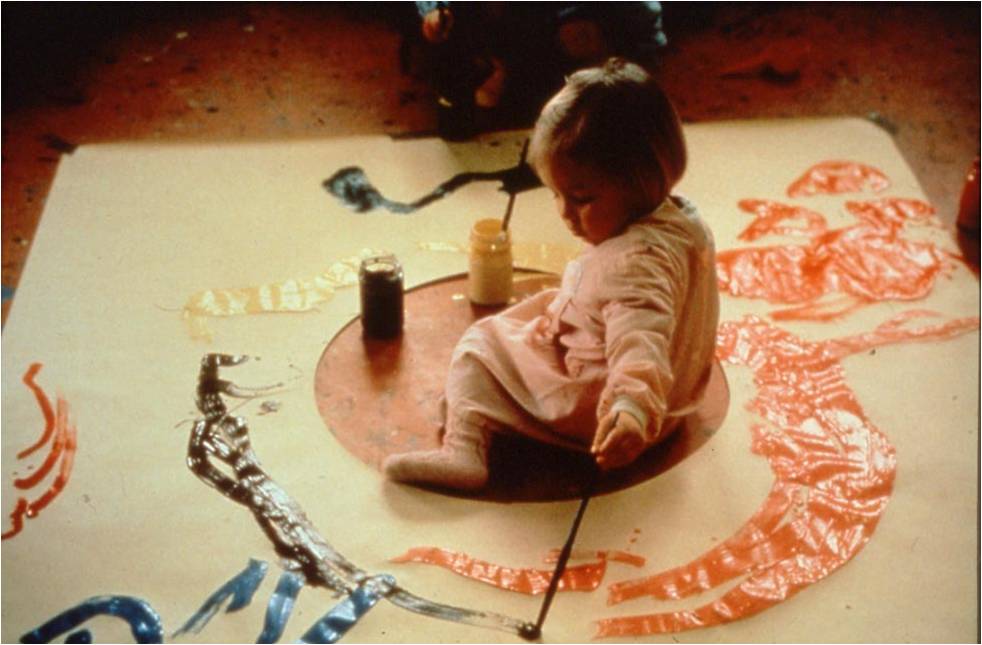Articles
The Role and responsibility of DocumentationThis article explores how documentation is more than observation, note taking or record keeping, and how it has the power to transform teaching and learning.
"Documentation as an approach requires adults to be just as curious as children in ‘researching children, researching the world’. Having the curiosity to listen and watch will lead us to discover and hypothesise what is going on in the minds of children as they reveal the true levels of their thinking to us."
Article written by Andrea Sully. Published in ReFocus Journal Issue 3
Pedagogical Documentation
An article /report detailing the experience of UK pedagues during their study visit to Reggio Emilia focussing on Pedagogical Documentation
"Documentayion as a tool not only for teaching better, but for learning more: an opportunity for reflection, to challende the choices we make, having the possibility for conf4rontation, debate, discussion, participatory democracy."
Artocle by Debi Keyte Hartland (Artist/educator) and Chris Merrick (Early years consultant)
Observations
This short article looks at how an artist/educator has developed their own style for observing, recording and documenting children's and adults learning processes.
"There is no ‘right or wrong’ way to document children’s learning.
There is nothing prescriptive about documenting. We do need experience in listening, interpreting and analysing what we have seen or heard. The only way to gain this experience is to make a start and have a go, resolute with the knowledge that this is research and open to free thinking subjectivity. "
Article by Debi Keyte Hartland. Artist/educator. Published in ReFocus Journal Issue 3
Powerpoints
This article explores what is meant by the term Pedagogical Documentation and how this differs from the everyday evidence gathering in classroom practice.
"Pedagogical documentation is a process which seeks to reveal, understand and make visible the learning of adults and children. It enables adults and children to find the meaning in what they do, what they encounter and what they experience?"
Powerpoint created by Emma Pace. Co Director Sightlines Initiative.
“When their learning is documented, children can revisit and thereby interpret their learning experiences and also reflect on how to develop these experiences further. Interpretation and reflection become fundamental aspects of documentation that are not only retrospective, but also are projected towards the creation of future contexts for learning.
Documentation is not limited to making visible what already exists; it also makes things exist precisely because it makes them visible and therefore possible.”
Carlina Rinaldi
The following section is available for our subscribers: log in first to read. If you aren't a subscriber, click here to subscribe to a subscription plan to read article details.
MEMBERS' SECTION




